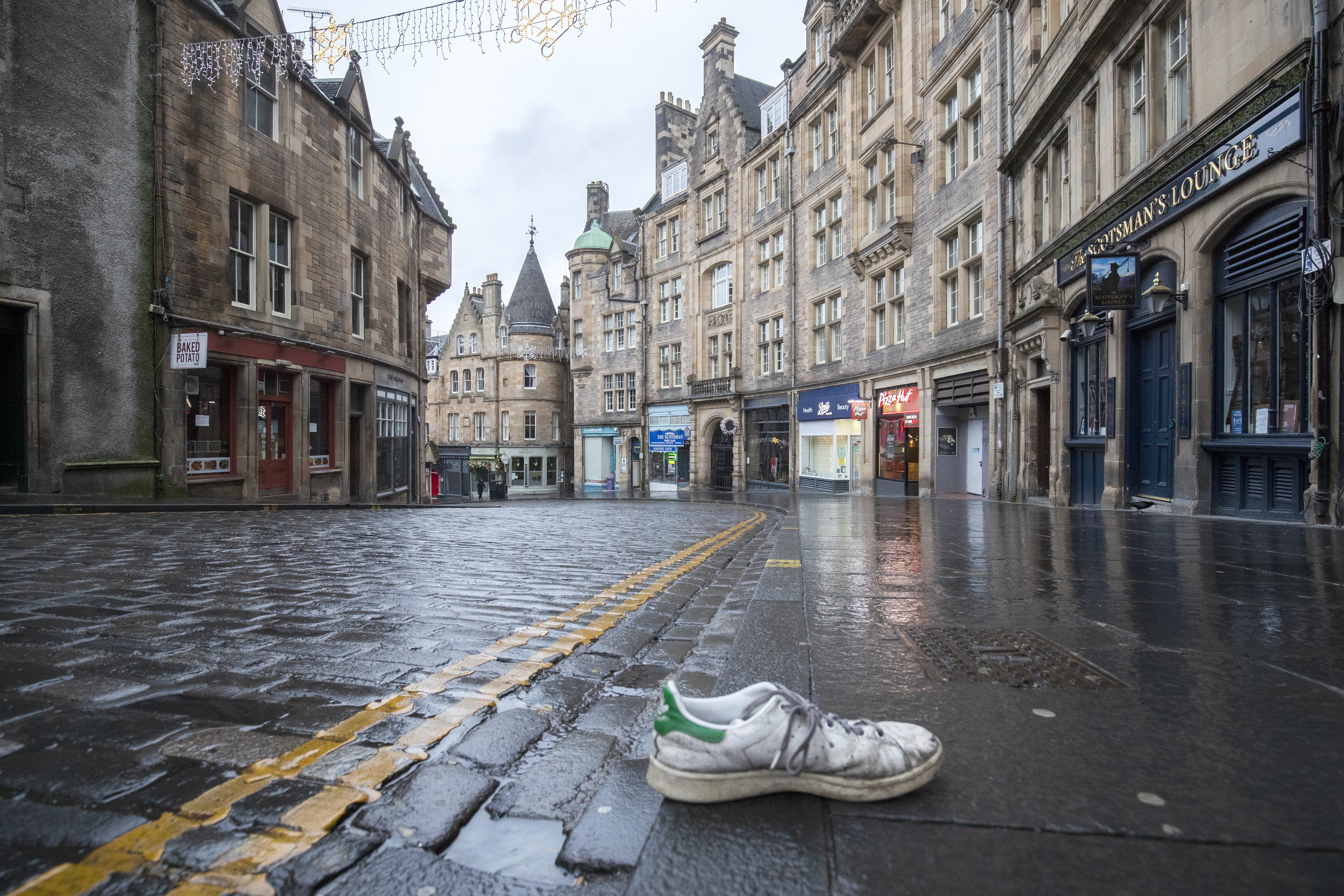Closed restaurants tighten food waste supply at Biffa
The business wrote down the value of a food recycling plant by £8 million.

Biffa has been forced to write down the value of a major waste-to-energy plant in Staffordshire as closures of hotels, pubs and restaurants had a major impact.
The waste giant said it swung to a pre-tax £52.8 million loss in the year to the end of March, down from a £56.4 million profit in the previous 12 months.
More than £8 million of this loss came because of impairment charges at the decade-old Poplars anaerobic digestion plant.
The Staffordshire facility was the biggest of its kind when it was built in 2011 and recycles leftover food into gas.
“Covid-19 had a significant impact on the hospitality and accommodation sector, resulting in lower volumes of food waste,” Biffa said on Tuesday.
The business also said that gas generation at the site was adversely affected by an increase in hand sanitiser in the food it collected to recycle.
In addition, Biffa said its swing to a loss was driven by an IT replacement project, which cost around £14 million.
Revenue dipped 10.4% to a little over £1 billion, it said.
Chief executive Michael Topham said: “It has been a year none of us want to repeat but certainly one which showed us at our best.
“We are pleased to have been able to end the financial year with results ahead of our expectations.
“We are strongly positioned for the post-pandemic recovery with leadership positions in our core markets, a well-developed investment programme and exciting growth opportunities ahead, leveraging the group’s unique position at the heart of the circular economy.”
Biffa said it had reduced greenhouse gas emissions by 17% over the last year by launching the UK’s biggest electric bin lorry fleet in Manchester meaning that emissions are down 40% over the last five years.
Shares rose nearly 10% as markets opened in London on Tuesday morning.